Before apps and websites were reduced to metrics and analytics, people designed fun, out-of-the-box stuff.
These are some archived Winamp skins found on the web.









Uh… this is just a video– I haven’t verified if this is real but you can bet that Neuralink already has ideas like this
in its plans for the future.

I love Jean Paul Gaultier, he has subconsciously influenced me from a bunch of stuff I like—Vogue Era Madonna, The 5th Element and I really like his Belgian new beat sounding album. I love House/techno made in 88/89/90.
I’ve recently seen someone wearing one of his dresses from his ‘cyber collection’ and I saw a celebrity on a talk show wearing a shirt from his 1994 ‘Tattoo’ Collection.
“One of the best ever collections from Jean Paul Gaultier that fused multicultural dressing with XVIII century silhouettes and introduced “tattoo” tulle shirts for the first time that became one of his signature items.”
I’ve never actually seen footage from the show until recently— here it is:
This shit is fucking insane. Future of warfare.
Something to brighten up the day
This timeline sucks…
Dee-Lite in the streets of NYC. Shot near wall street and brooklyn in 1988 by Hiroyuki Nakano. Nakano directed Dee-Lites “Groove is in the Heart” video.
Funky!
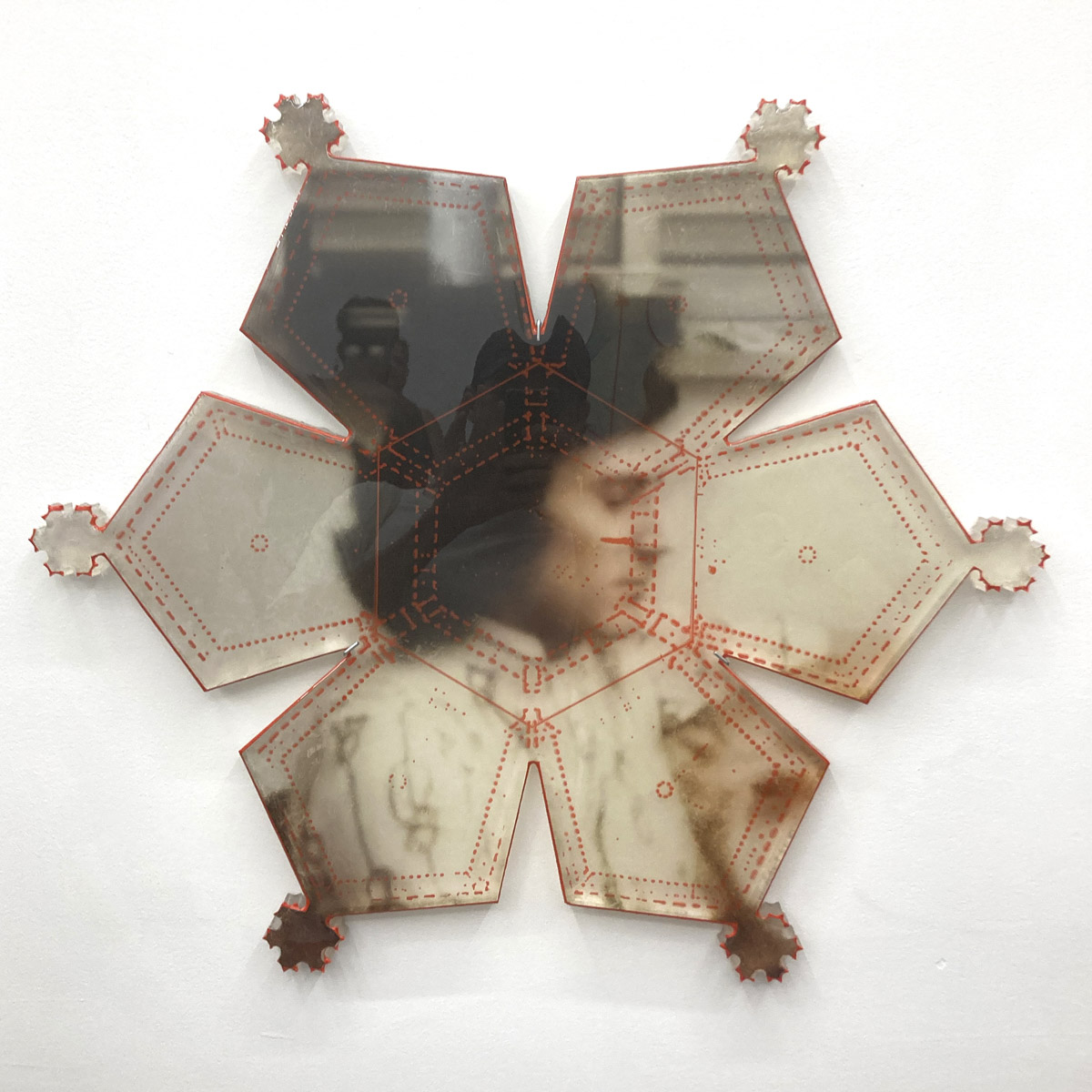
Nina Hartmann’s Soft Power
8 September – 7 October, 2023
SILKE LINDNER
350 Broadway
New York NY 10013
“Hartmann’s work is heavily informed by an interest in mysticism, symbols and diagrams as spaces that organize, display and communicate information of mystical and esoteric belief systems throughout history: kabbalah diagrams, alchemical charts, early astrological maps, all the way to modern diagrams and algorithms depicting methods of AI deep learning. In addition to symbols and diagrams, Hartmann incorporates maps, infrastructures and aerial views of architectural systems of control such as the panopticon and other methods of controlling and surveilling within space, like prisons, hospitals or schools. ” – Silk Lindner
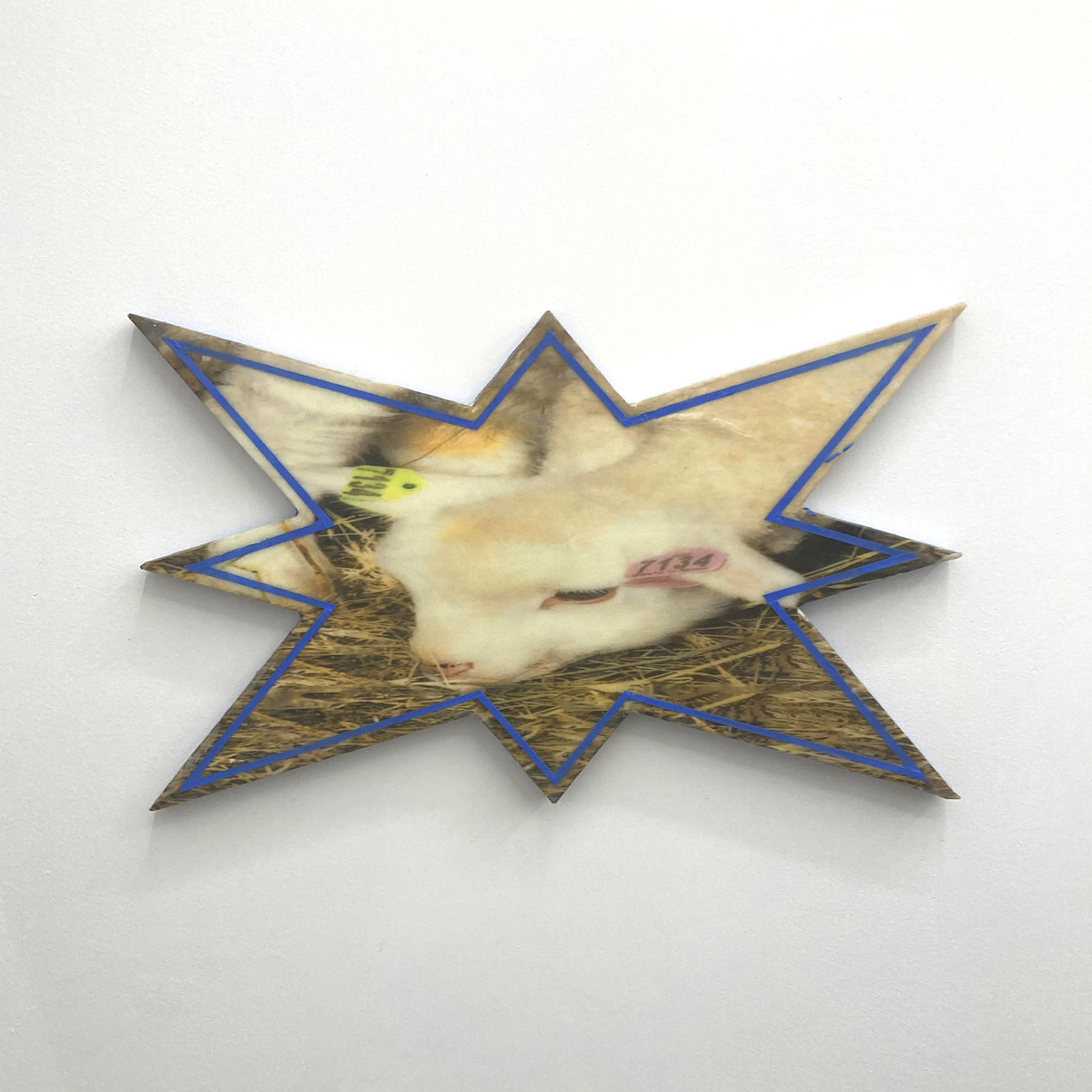
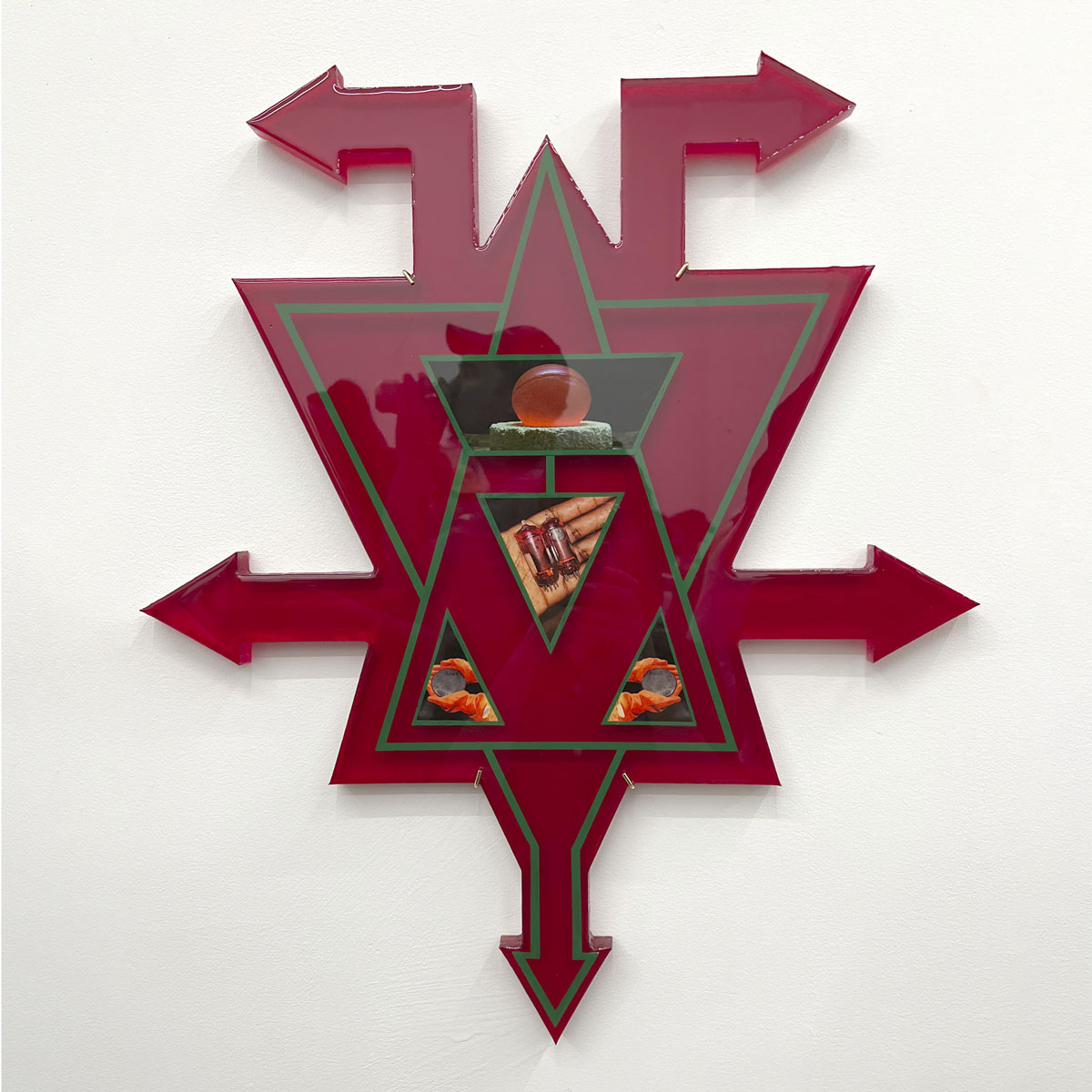
Fractals, Psychological Warfare, Black Secret Technology, Chaos Magick.. my kind of stuff!
Sorry for the shitty photos, the gallery was really crowded and it was hard to capture the pieces.
They are quite big and each has presence on their own. Not that their art is similar but it kind of reminds me of seeing Frank Stella’s pieces in person– it has a very large graphic presence.
Nina Hartmann is awesome. I’m excited to see anything she makes.
I highly recommend seeing this in person if you can!

“I’ve admired people, I’ve liked them, but he’s the only man I’ve ever respected.” -William Burroughs
Brion Gysin has not only been one of my favorite artists but is a direct influence of some of my other favorite artists. He delved into writing, painting, drawing, and collage, often incorporating calligraphy and mysticism into his work. He is an artist that explored the boundaries of consciousness and expression. A lot of his visual work really inspires what I do with calligraphy.
Many artists were taking his ideas and running with them. He didn’t really get his due the way some others did, for several reasons in my opinion. None the less he was definitely a true magician and master. He didn’t publicly divulge the fact that he was into esoteric mysticism unless asked. When you read his interviews it’s apparent that he was very generous with his knowledge.
He is known for inventing the cut-up technique, involving rearranging text to create new narratives. This idea may seem kind of basic to some people— but its really about the experimentation process and how to use chance and probability to your whim. I think his process involved is much deeper than just sitting and cutting, there’s a lot of details that are never mentioned and exclusively written out of this idea. You must actually do it to understand.
Don’t worship the gate, go into the inner temple!
He invented the “Dreamachine,” a device to induce altered states of consciousness.
Fun fact—Kurt Cobain was obsessed with Brion as well, Kurt owned a Dream Machine.
Most people probably get introduced to Brion’s work because of Genesis P-Orridge’s constant tribute to Brion and that is for good reason. A lesser known fact is that he also mentored Keith Haring a bit and collaborated with him.
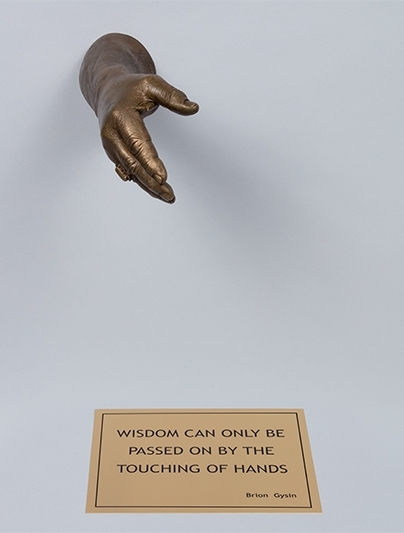
“Touching of Hands” by Genesis P-Orridge
This sculpture is a life-scale bronze casting by Genesis Breyer P-Orridge’s arm. Its title refers to the Brion’s remark that “true wisdom can only be passed on by the touching of hands.” Visitors are invited to shake hands with the casting, revealing the power of touch. When you read about this piece on art websites they give all these stupid elongated descriptions of it and completely miss the point. What it really is, is an initiation into a lineage of the beats, of counterculturalism–and Genesis is paying tribute to it and democratizing it. I don’t want to say too much about this, I may save writing about this for another post because this is a transference of energy in an occult manner.
I want to share this excerpt taken from from Planet R 101: Here To Go.
This is a compilation of interviews where Brion Gysin interviewed by Terry Wilson.
In it, Brion discusses how humans are the worst animal. 😉
———–
Terry: I don’t understand why “man is a bad animal’’—what is a good animal?
Brion: Man is a bad animal because he kills not only his own kind but any and all other animals, wantonly. Look at those gun-crazy Americans, wrote it into the Constitution at a time when people still carried swords too, and everyone everywhere—not only just in England—drove on the left and rode on the left so they could draw a sword to defend themselves every day on the highway. Napoleon first said: Drive on the right, and forbade everyday sword-wearing. Man is not only a bad animal, he is crazy, irrational, wan ton, wasteful . . . above all wasteful. Man is the only animal who destroys his own nest, his own environment and he is getting ready to destroy his one and only livable planet. No fish ever polluted the sea. No bird ever polluted the air. No other animal ever took slaves and waged war.
A bad animal is an animal who destroys the visible world around him. He is not even conscious of the invisible world yet he invents absurd religions whose tyrannical powers are said to derive from the invisible. All religions ought to be taxed out of existence.
I think it’s obvious to all of us that man is about to destroy the planet and that there are not any energy com missions or, uh . . . green leaf ecologists who are going to stop them. Man is a greedy destructive animal. We have to go much lower (or what we have been led to consider as much lower) in the realm of creation, into the insect world, before we find anybody that behaves as badly as we do. And there we find that our most, our closest comrade is really the ant—I mean, many of our wise saws and sayings from Antiquity point toward our close relationship with the ant: “Look to the ant and be wise,” for example, which I think is as old as, um . . . Aesop . . . I’m not sure whether that’s Aesop or simply some Frenchman like La Fontaine, or maybe just a translation from a Greek or Roman quote . . .The whole story of “the Onddt and the Gracehopper’’ (James Joyce, in Finnegans Wake), I mean where the Onddt, in Joycean language, was also the mater nal a-u-n-t, and was the—well you know how he was packaging the words, sort of trying to put them all into one little portmanteau . . .
Only the humans and the ants form an agricultural society based on the most rigid principles of elitism and monarchy leading up eventually to this great fat Queen who is ten thousand times bigger, ten thousand times fat ter, heavier, than the least of her subjects . . . and who is surrounded by an aristocracy of her Guards, who dominate a group lower in social scale who are the Drones, who are builders and architects and look after the hive—the Universe, in other words—of which the Queen is in the center, this great big fat slob of a woman there in the middle like the Lady in the Cave, like Mother, like Mother at Home, just sitting there and waiting to be fed all this honeydew, which is milked from Aphids, who are a lower form of life, like cows, and are looked after by Slaves who are captured in battle by the Drones who are termed warriors rather than builders; in fact there are the Building Drones and there are the Destructive Drones, both of them given their orders by the aristocracy of the Guards around this great fat slob of a Queen who is in the center, and, uh, they go out and capture other races of ants in battle and turn them into slaves who milk the Aphids to produce honeydew milk for the Queen . . .
There’s no other comparative group in all our knowledge of the rest of us who—the Other People—who are on the planet with us. In my opinion, there is no species on this planet as bad as ourselves . . . without boasting. There are no other animals who prostitute themselves or their own kind, none who fabricate absurd religions, make war or take slaves to aid them in their criminal occupations such as agriculture and industry. Man and his Works is a “Bad Thing,” rather than the “Good Thing” the 19th cen tury English thought he was.
Of course, the British themselves were a “jolly Bad Thing,” descended from dangerous Drones, berserkers with blue hair and blond eyes who zoomed down from the north out of the Asian steppes where this criminal whiteskinned mutation apparently first took place. Successive flights of them hived on this little island from which they swarmed out as pirates to sting the rest of the world. From all the lovely lands beyond the seas, they sucked up all the honeydew to feed it back to their successions of Queenbees like Elizabeth and Victoria, Empress of India and Kingdoms Beyond The Seas. There were still pennies which said that in my childhood. In those days, the indigenous sub-races of Britons were still locked up in the Lower Classes . . . like the Norman-descended Cockneys who could no more pronounce the letter “H” than the French can today.
The ruling class was and is those heavy- bottomed Dutch titled people working as house servants for German petty royalty. They got fat on the loot of the planet. There was just enough of the good stuff left over to nurture a race of English pub poets, reeling around in the hedges of May and the hop fields, drunk on the local brew of language . . . and what a lovely language it is, English. Those who speak no other may not even be aware of it . . . of the boon that was popped into their mouths as babes. Conrad knew.
The English language was a more powerful weapon for the British than their iron ships, their firearms and their firewater: “Even Wops and Wogs can understand English if you yell at them loud enough.” And it was add ed: “Wogs begin in Calais.” You can run a planet best by the power of the word. What more do you need? Terror. . . animal terror alone will not do it. Language makes this animal Man what he is. As Burroughs points out so amusingly, if the rats could read and write . . . pass the word on about traps and poisons put out for them by Man, they would take over the planet in a couple of generations. Communication is the Original Sin which drove us out of the animal paradise. Paradise is paradise because it is Timeless. Without a Past to regret and a Future to apprehend, there is no other to worry about.
When you start making marks on the wall to remind you of what has gone by, you are already halfway out into the dangerous jungle of the world. When Man burns down the jungle to indulge in agriculture, it is already written that he must burn down all the jungle in Time and destroy the planet. That is what makes him the worst animal. No other animal destroys his environment as we do. Everyone now knows we have damaged the ecology beyond repair and must continue to do so … we have to. Such is the nature of the beast. Not that the rat would not do the same if he could … or the crab or the ants, for that matter. The ants are nearer to us because they commit all those same crimes we do—make war, take slaves and practice agriculture. It’s thought that they alone might survive an atomic catastrophe. Sci-Fi Future Time, and why not? Giger monsters running the planet if Earth can hold together that long without im ploding into a Black Hole.
What these Giger creatures will need is a language even better than English or Chinese. Maybe this is what Burroughs and I ought to get back together on to work it out for them . . . unless they have it already. So far, English is superior to all other languages except perhaps Chinese, not because you can say things in a more subtle or even more exact manner, but because you can say the same things in more different ways and in every possible per mutation and it always means the same thing . . . “Get cracking! Get up off your ass and go, Man! Get a hop on and no two ways about it!”
Terry: What English poets do you like?
Brion: The list is toolong. I love all of them. . .almost. I Love the language.
Terry: You don’t think too much of Blake . . .
Brion: Poor thing, he was born with a tin ear and two left feet, obviously. He is the least poetic of poets and sociologically the most pretentious … a tinhorn preacher in a tin chapel under a corrugated tin roof … an apocalyptically boring born-again nasal Protestant preacher … a wild-eyed phony prophet. I can just imagine what kind of a line he must have been laying down to poor Allen (Ginsberg) that time he flipped out in Harlem and heard him … the Party Line as spouted by Prophet Jones, I guess. But he was a poet of our times . . . Depression Time. We all heard a lot of that. However he did write the truly great lines:
“When Idle Housewives take up Art The World will Surely fall apart. “
We must honour him for that . . . Fake Blake.
Terry: I think Blake grew up influenced by broadsides and street literature; that was where he got his sound, wasn’t it?
Brion: Sure … the Olde Party Lyne, of course. It certainly has very deep roots in English social history, taking one right back to . . . who were they, those crazy ones in the 14th, 15th centuries … at the time of the Wars of the Roses? Wycliffe and Wat Tyler. That was when England was in the wool trade up to its woolly ears and not yet really into piracy worldwide. That really began with the Tudors who were a sort of northern echo of petty dukes and murderous merchants of the Italian Renaissance, who were the same kind of polyp-progenitive purveyors of power—manipulators of power . . . and behind this there was an essentially slave voice of angry Saxons, and as the Norman yoke had been put on their necks for a very long time, it took them quite a few centuries to get heard again at all, but Blake has an echo back into the 13th and 14th centuries with the religious revolts that almost succeeded at that time but which were so successfully put down . . .
Man has all this disgusting history … of treason, and double dealing, and . . . shit. Why is he bad? He is bad essentially because he destroys his own environment, and that is not just bad—it’s bad in the true sense of the word—it’s stupid, fuckin’ stupid. No other animal on the face of the earth destroys its own environment.
Terry: My thinking was that being an animal was not necessarily a
good state anyway and man—
Brion: I think that to be an animal is not a contradiction to being
a human—although in Scientological terms that was one of the things William picked up from L. Ron Hubbard, was To be human . . . to be an an . . . ni. . . mal—
(tape stops)
. . . because we are animals. From every point of view we have much more in common with them than we have ever realized until very recently. It is only very recently, within the last few months even, that it has been publicly . . . suggested, or proclaimed, I don’t know, that our laws should be changed; that inasmuch as our very recent, and obviously inevitable, admission of the higher primates into our own category of human beings must bring with it legalistic recognition of their state as beings; that any killing of a higher primate is, therefore, murder. We have just recently begun to get in touch with them linguistically. We’ve found out, among the chimpanzees for example, that it is possible to teach them a sufficiently large vocabulary of sign language to carry on a really fascinating and deeply—I mean God knows how deeply—interesting conversation leading to voyages of discovery, not just about them but about ourselves. And we do share this, we are all animals. And of all the animals we are the only bad one. We are the only one who murders. Except by temper, or in anger aroused by thwarted mating instincts, the primates do murder each other—but they do not make war, nor organize armies, nor do they even indulge in the really essentially basic sin, as I think the ancients, certainly the Greeks and others in their myths would have recog nized, the basic sin of agriculture . . . And that takes you a long way back, before building or anything else, but the basic sin in agriculture is because one is raping Mother Earth and forcing her to produce a harvest which is not ac cording to her design or her will, and that from there we build up a—not only an agricultural society but an economic society—of division, of sharing, of taxing, of taking either one’s share—or all of it, in the case of kings and powers that dominate society.
We have created a “crime against nature,” have separated ourselves from nature in a way that will even tually separate us from this planet. But that was not the original—God knows, the original intention—what wash? It wasn’t that.
Terry: It seems to me that the planet is rotten with illusion and that perhaps destructiveness has been man’s inadequate reaction to this through the ages, some destruction being disgusting—most of it—and, as I said before, some destructive techniques which were fighting fire with fire.
Brion: All based on something to eat . . . And there’s a very definite line drawn between eating of the fruits of the earth and eating other animals of the earth. But, uh, say that the original sin was not to be content with living in the Garden, but to leave the Garden of Paradise and go out and scratch for oneself and therefore produce an agricultural and essentially economic society which has produced these further sins of which only we are guilty—that’s why I say we’re a bad animal, because nobody else has done that. The answer could be: nobody else was smart enough to get up this great step in human development, which was the 19th century point of view on all of this, but in fact, with the late 20th century point of view we see this is leading us toward incredible and perhaps even inevitable disaster, nuclear disaster. And what separates us from the rest of the animals turns out to be not as great a barrier as we had thought—we had believed that it was the Word, that only we spoke, therefore essentially that placed us in a very advantageous position, in that when we spoke—either right then, as William has suggested, we also wrote, or that we even wrote before we spoke, which is another possibility—which I think William is certainly the very first ever to have thought of, and has made a very good case for it . . . one of the most extraordinary thoughts of all modern times: that writing should have come before speaking . . . Given this fact, we learned to distinguish—we first of all learned to distinguish ourselves from the animals and then have only very recently found out that certainly the greater primates have an enormous amount in common with us, much more than we even know to this day, I mean, right— tonight talking about that is too early to talk about it because we’ve only begun to talk with them, either through computers or through sign language; because physiologically they are not adapted for speech, their larynxes are not adapted, but, for all the rest, they can not only learn to speak, answer questions which are presented to them, but they can lie, they can give false answers, knowingly false answers, they can joke, they can make fun of what has already been said, or a situation in which they find themselves . . . and this is a territory which we didn’t expect to enter . . . twenty years ago, as far as I know.
And we find that we are at an enormous disadvantage, in that they are Good, and we are Bad, and you asked a minute ago why therefore bad, and therefore what was a good animal, and I answered that a good animal is the one who is conscious of the unspoken, of the invisible … we are very rarely—because of whatever we have picked up in a couple of millenia—we are less and less aware of the unspoken, less and less sure of the unspoken, to the point where we now even deny that there is any unspoken, and the invisible seems to us, or has been accepted in the last century or two, or put down in the last century or two, as an illusion.
Terry: Isn’t that a cause of the increasing destructiveness?
Brion: Might very well be, I would certainly think so, yes . . . Go on . . .
Terry: It seems to me that breaking away, dispersing illusion and
delusion, is a sort of destructive act; it could be thought of as being destructive, it would certainly be destructive to the world-view most people hold . . . What we see (because of the majority of the human race being shut away from that type of aspiration or possibility of that realization) is a form of unbelievably negative destructiveness through the centuries—and escalating, of course—as if somewhere deep inside man really can’t wait to get through with this planet, this level of existence . . .
Brion: And presumably will do it. I mean, every piece of evidence
around—the daily newspaper—proves to us that there’s no
way of turning back from this, this path of . . .
Terry: Uh. There’s no reversal.
Brion: No, no reversal of this path, I mean it’s not the ecologist or somebody . . . sailing a boat in front of the whaling fishers that is going to stop this … I mean, admirable and lovable as they are, one has to admit that they’re . . . hopeless . . . And, uh, their answer might be, No, that doesn’t matter, your judgment is of no interest to us, we would prefer not to be deterred by your saying that our ef fort was hopeless because in the past there have been long traditions of what seemed to have been hopeless quests or hopeless resistances that have saved some of the really essentially valuable things that we as humans know . . . But today unfortunately we do answer them very cynically and we say that in the face of atomic destruction you have very little hope; brave as you are, beautiful as you are, clean as your swords and your intentions may be . . . what can you do against the whalers? They are determined to destroy every last whale in the ocean. Eat ’em up, eat ’em up, eat ’em up . . . What else? And only we do that.
So we are a Bad Animal, it seems to me, seems to me absolutely self-evident that to categorize ourselves as bad is inevitable, and there’s no way out of it. Who else does these things is the next quest—I mean, that’s not the next, it’s the first question I ask myself—Who else does these things? Well nobody else does these things, nobody but us
. . . Perhaps, therefore, for that reason, an incredible (to day still, despite all of the science fiction or the scientific fictional predictions and guesses, many of which in the past have turned out to be true, as most of the science fic tion of the 19th century deals with the everyday domestic conveniences of today, whether it’s flying around or dishwashing machines, or getting to the Moon on a rocket)—was all predicted a very long time ago and now seems to us an absolute day-to-day part of our lives . . . Uh, but at the same time that we have achieved these things we have suddenly come over some extraordinary hill, as it were, where to quote, if I can remember him, Tennyson:
The future is that arch through which gleams forever and forever as we move. . .
Boooooooom! Sput!—That’s why man is a bad animal, because only he, except for a v-e-r-y select club, a very select few of the primates, has learned to put some fruits aside, and let them ferment, and they go on great big drunken binges with them and they are BAD—they go tearing through the jungle, ripping things apart, killing their own children, blocking off their own future, because they get Drunk, and that is why we are bad because we get Drunk!… big golden grin of drunken satisfaction!—But that is—no, to change one’s state of mind, or to conscious ly, or chemically, change one’s state of mind, might well turn out to be the ultimate Thomas Aquinian sin, which he thought was Pride, or did he?—No, he thought Despair—Despair was the Unforgivable Sin . . . Drunkenness too may well be a sin against an orderly world . . . Because within the mind-changing area we have found that our minds are so much bigger than those people had said they were, and range so far beyond the limits that those people set, those teachers-preachers-prevaricators set, that we now know that we have along way still to go. . . And that essentially was why the title of all this was from something that I said a very long time ago when, dealing with very basic questions and putting them into William’s machine, or thinking just in that same way about how to take things right down to the very nub where you couldn’t change anything more without destroying the question itself . . . When one asked what are we here for, one realized that all of the religions of the world had said that we were here to love God, and obey Him, and kiss His Ass, and suck His Prick, and turn over and get fucked By Him, and be done down into Hell and Eternal Punishment if we didn’t do like he wanted to do . . . and, this turned out not to be true at all, it turned out to be like an enormous diarrhea of bullshit, because obviously what we’re here for, and we know we’re here for that, is that we’re here to go, there’s no other future for—we’re not here to stay.
The other day, Lawrence Ferlinghetti, the publisher, was here, and spoke very ill of a number of poets who are friends of mine, and, uh, picked up their works, which he had not yet read, and put them down as being “death trips” . . . Naked Lunch—& “death trip,” John Giorno’s much less important Suicide Sutra—a “death trip” he said. And I said: What other trip are we on? It’s the only trip that any of us know—all of our trips are leading to Death. Only us, only these humans’, of all the animals on the Earth only the human animal is bad and only the human animal knows that he is going to die. Faced with death, the immediate prospect of death, certainly even a cow or a sheep bleats or a pig squeals or a . . . gazelle in the desert quivers with anguish at the idea that it’s going to lose its body. So, the Big Deal is that it’s better to have a body whether you’re a gazelle, or a pig, or a cow, or any of these other animals which are sometimes highly thought of and sometimes not even admitted into decent society—like the Semites won’t have the pig, and we don’t think the Hindu’s cow is sacred, like, you know, you let it eat up your whole society, and shit in your house, and ruin your life—but none of them ever get together to produce these political effects that we produce . . . And that is, seems to me, the proof that we are bad, we are the baddest, we are the only one that deviates from this norm and we may well be the only animal that is going to leave this planet and go and live on some other place, whether it’s within our galaxy, or beyond our galaxy. Uh, whether we’re going to be able to take our bodies with us when we go is i-n-d-e-e-d another matter; we may not, we may be obliged to transform ourselves into Thinking Crystals, or into—as William might be on the verge of suggesting:
If the virus is after you, how do you escape it? You became a virus, and you go too.
And the fact that maybe even electronically, or telepathically, a virus can be shot off right outside of this whole—I mean, sent with purpose outside of this galaxy—may be the way in which we will travel, who can say?
Not me.
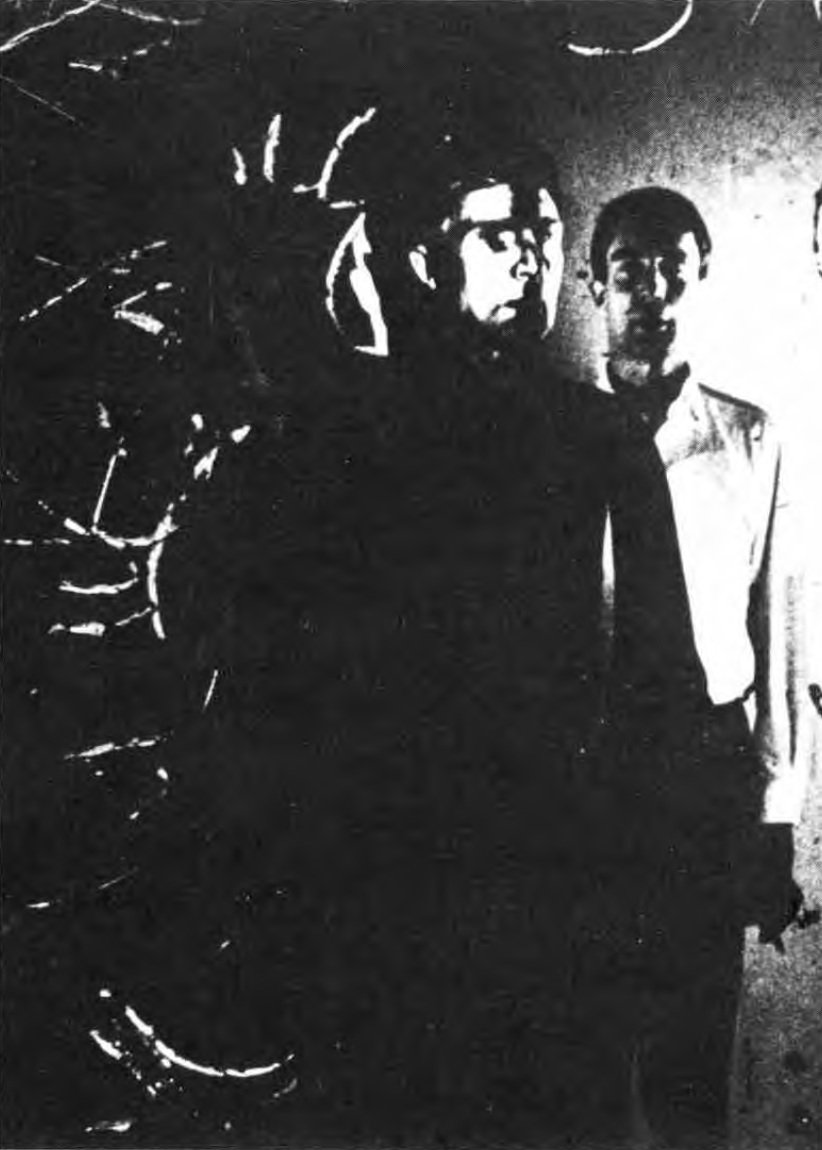



If you think this is creepy…
You should know what all major stores in the world knows about you as a shopper
They use in-store, online, cell-tower, and more to keep track of everything… everything.
Cambridge analytics is a joke in comparison
— Linus (●ᴗ●) (@LinusEkenstam) August 18, 2023
“On a TV appearance toward the end of his life, he was surprised by a choir of children (Les Petits Chanteurs d’Asnières) in full Gainsbourg regalia—black jacket, gray wig, sunglasses, whisky, cigarette, unshaven—and brought to tears by their homage to one of his classics. They’ve singing Serge’s “J’e suis venu te dire que je m’en vais” (“I came to tell you that I’m leaving”) but they’ve changed it to “On est venu te dire qu’on t’aime bien” (We came to tell you that we like you).”
This meme video is a joke but an explicit warning.
“The Colonel warns Raiden about the plans to use AI to censor the Internet. An experiment in creative writing and AI speech synthesis, inspired by the famous “Selection for Societal Sanity” (S3) codec conversation from Metal Gear Solid 2: Sons of Liberty.”
The point gets across on how a digital biometric ID can be justified to be implemented into society by battling misinformation caused by AI bots.
Follow up video of Colonel reading OpenAI’s paper
This is an article about WADU, JP morgans surveillance system on their employees.
JPMorgan employees have expressed concerns and growing “paranoia” about the company’s surveillance system, known as WADU (Workplace Activity Data Utility). The system tracks various aspects of employees’ work lives, including office attendance, calls, calendars, and more. Employees fear the potential implications of data collection on their job security and describe an atmosphere where terms like “Big Brother” and “1984” have become common. WADU’s exact workings are not fully understood by employees, but it tracks and reports information to JPMorgan managers. Although the bank claims the data is intended for business efficiency and workplace safety, employees report that it has been used as a basis for employment actions. Some employees have adopted tactics to evade detection, such as using a “mouse jiggler” to prevent their virtual workspace from timing out due to inactivity. Concerns have been raised about the bank’s increasing resemblance to a government rather than an employer.
What I found even more jarring is that there were posts on Reddit discussing this technology in detail. The posts kept being taken down by moderators. I felt if that is the case than I should screenshot and share 🙂


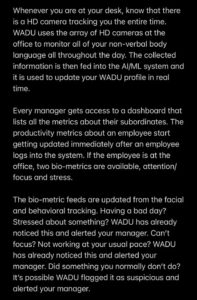
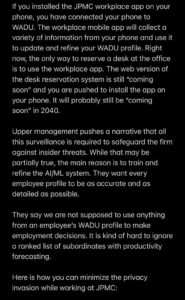

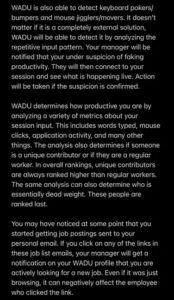

Whether or not it is completely true.. surveillance technology will be refined to these specifications.
Full Articles here:
Business Insider>>
Further Discussion:
https://news.ycombinator.com/item?id=35959865




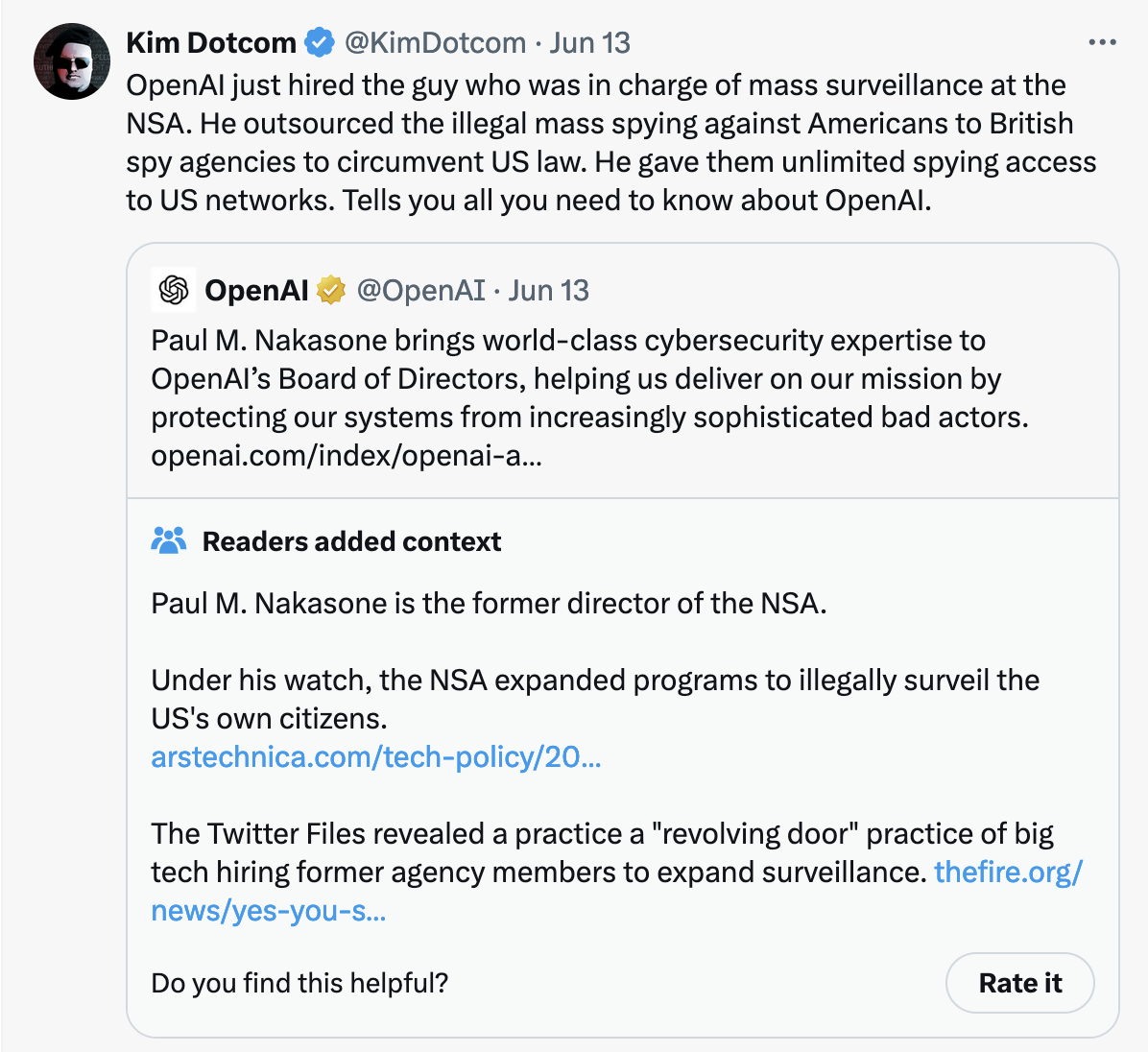
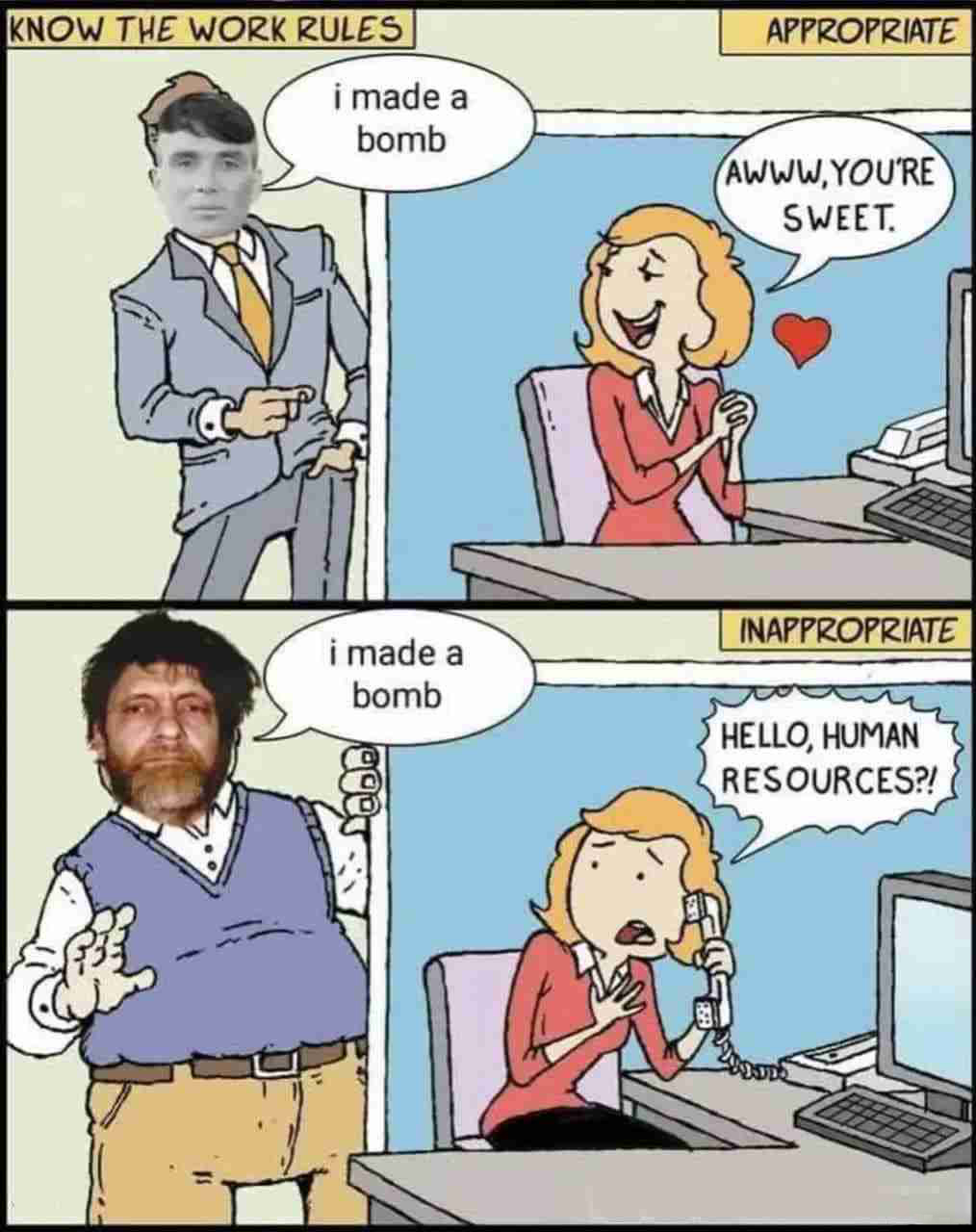
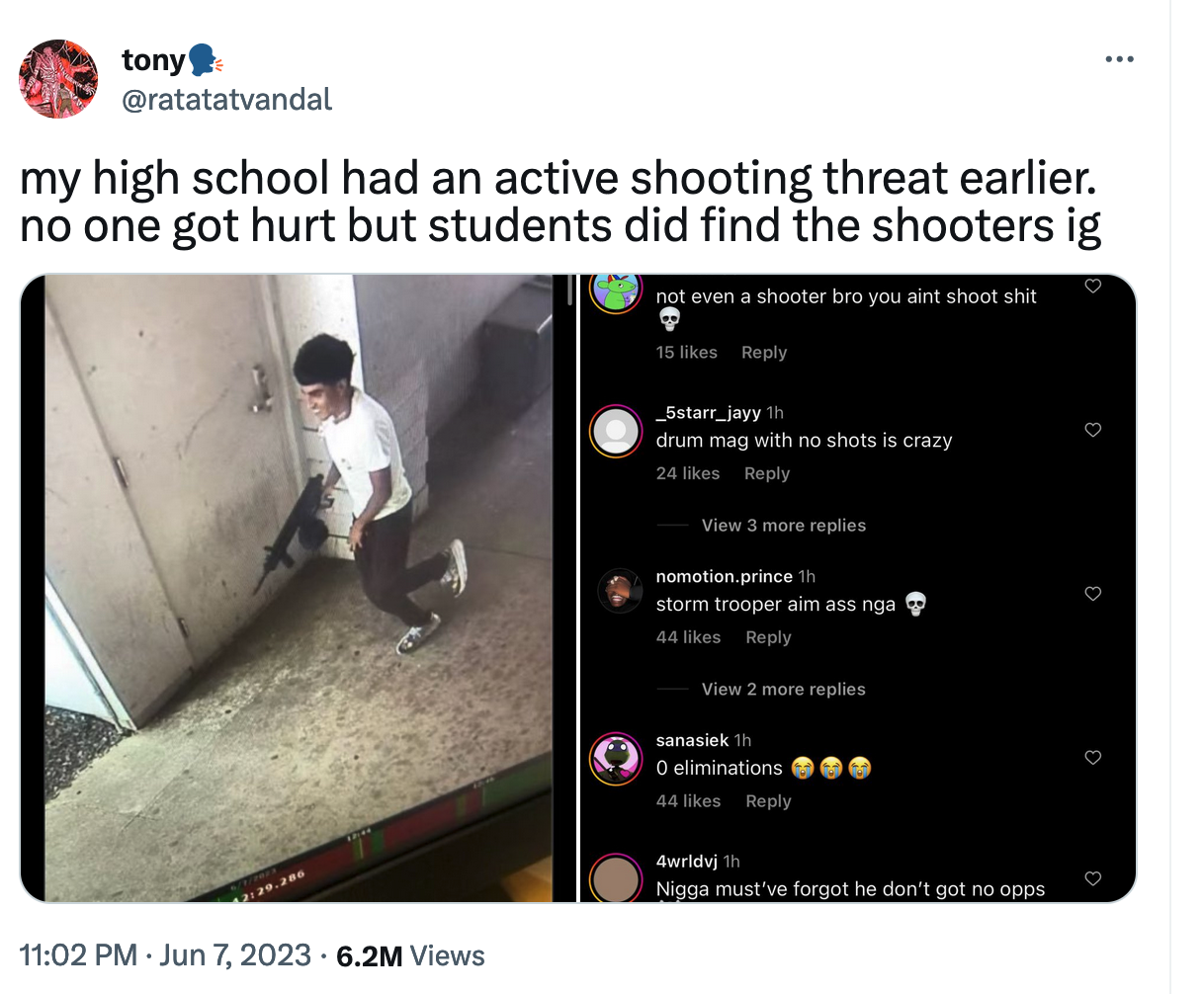
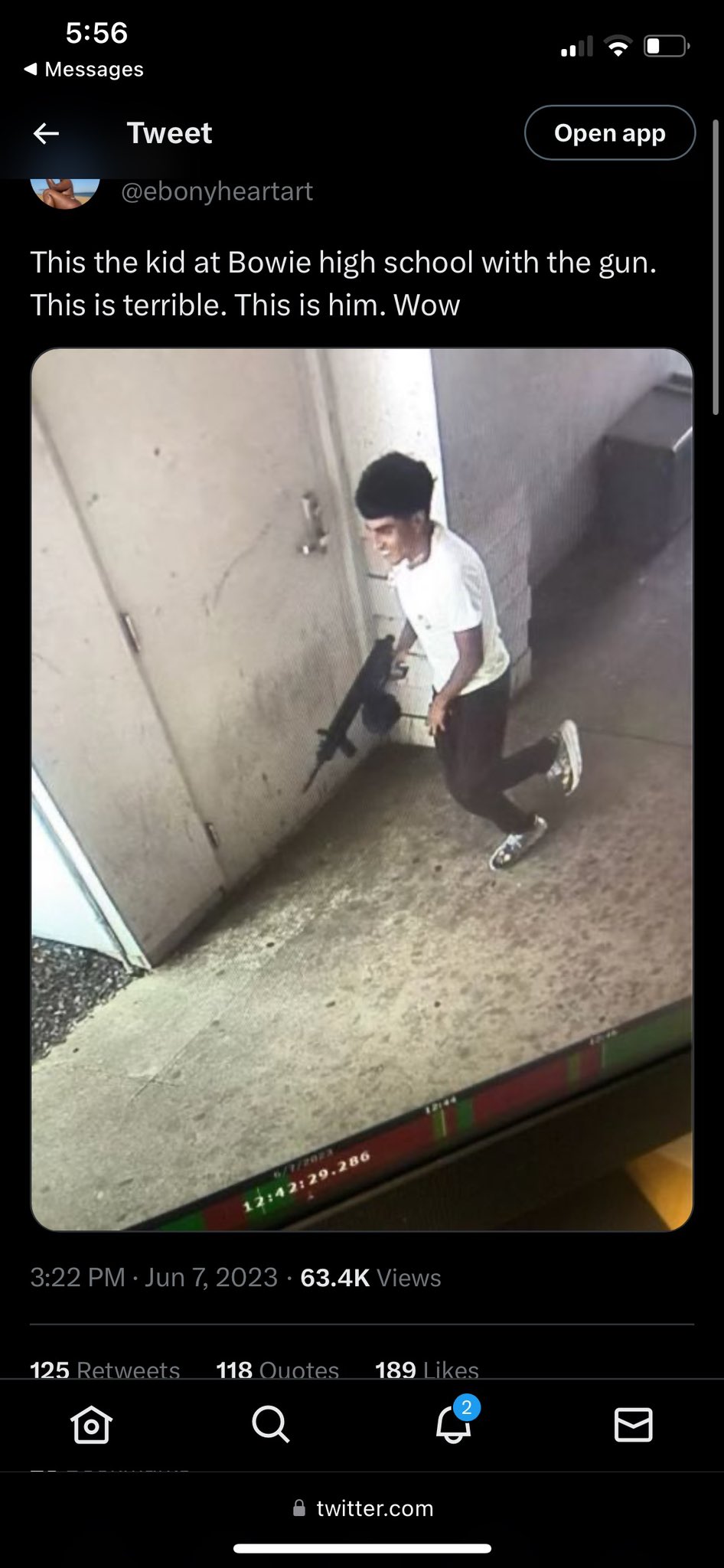
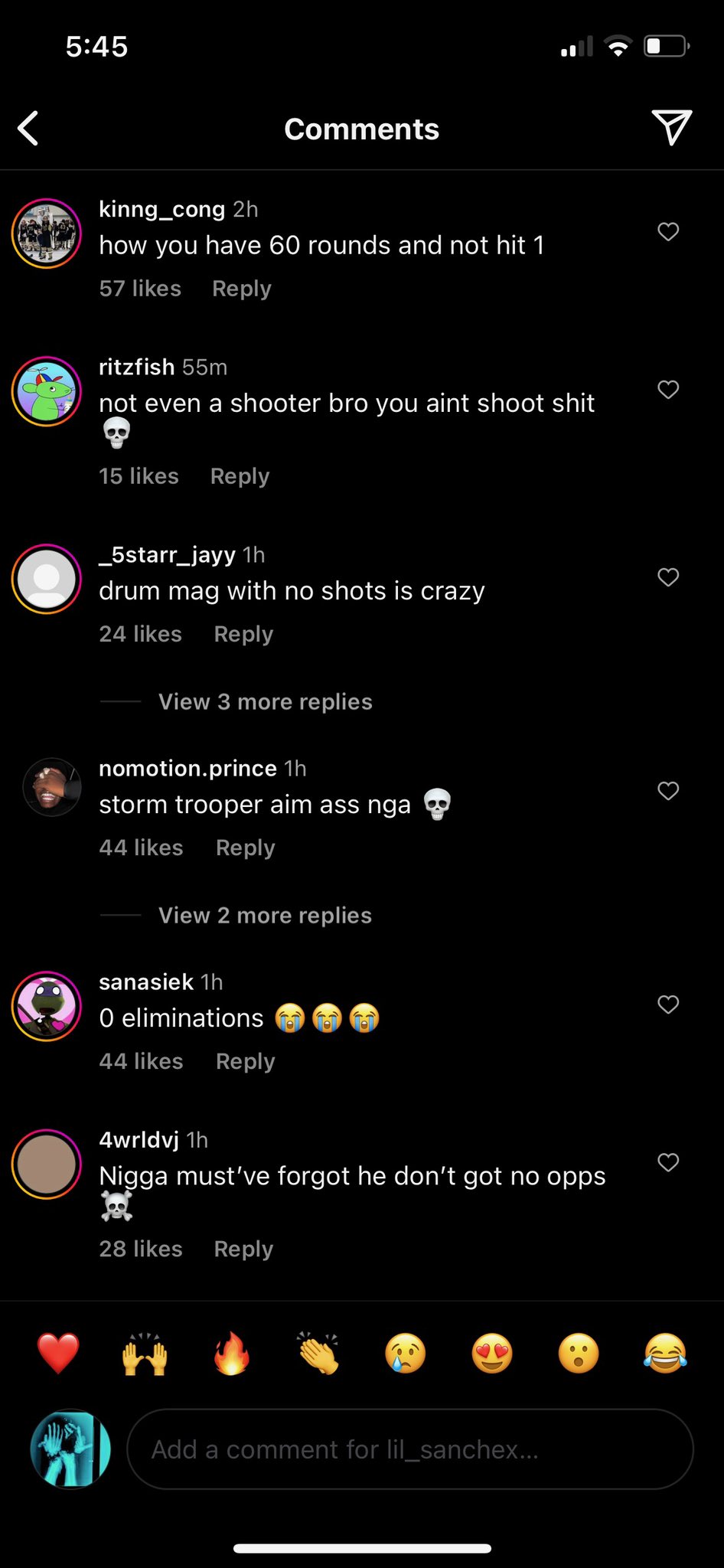
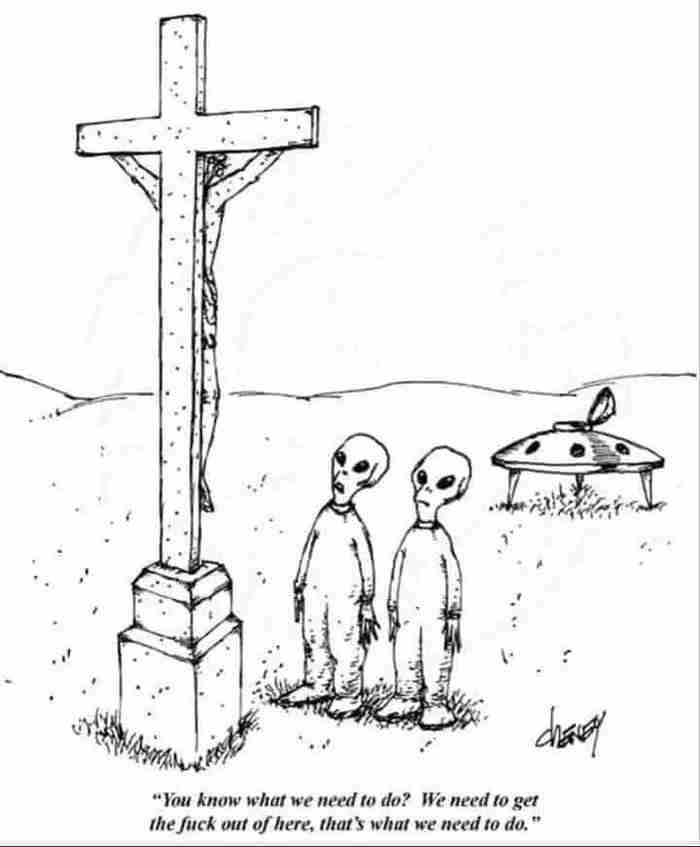
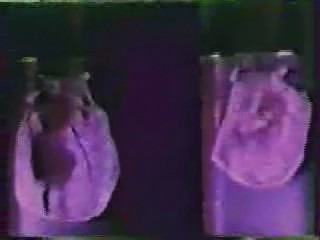
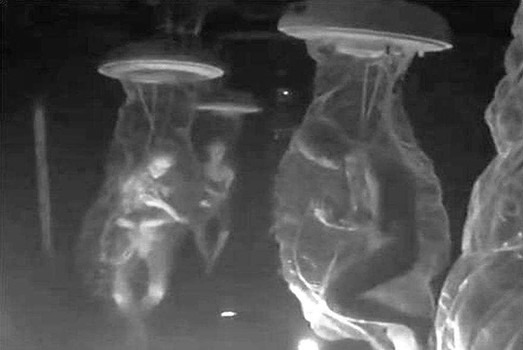






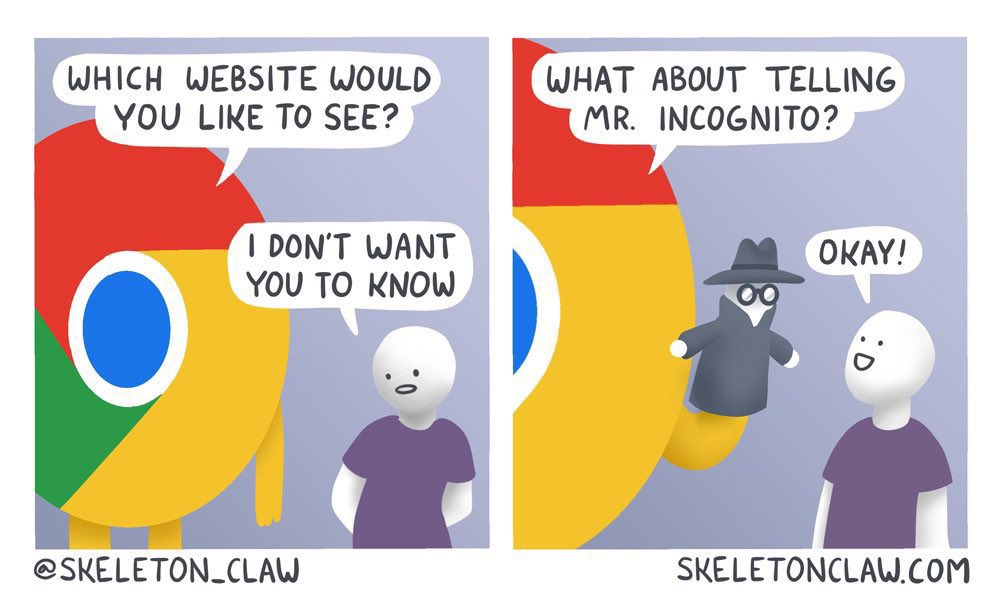
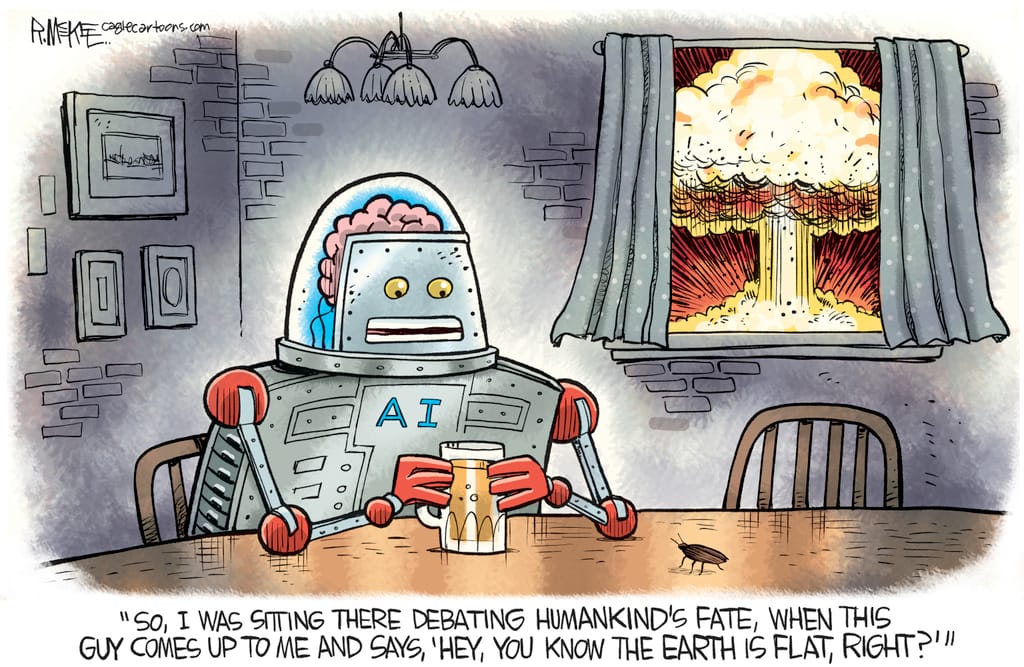
Deny Defend Depose
this shit is a psy-op